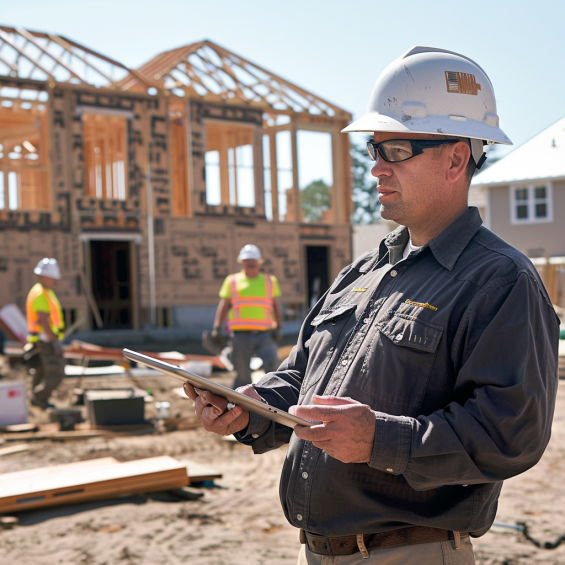
- Key Responsibilities of a General Contractor
- Benefits of Hiring a General Contractor
- Conclusion: The Value of a General Contractor
What is a General Contractor?
When it comes to construction, whether it’s building a new home, renovating an existing one, or working on a large commercial project, a General Contractor (GC) becomes a key figure responsible for the project’s successful completion. Let’s dive into who general contractors are and why their role is so important.
Key Responsibilities of a General Contractor
Project Management
A General Contractor is the person who holds all the strings of the project. Imagine them as a conductor coordinating a large orchestra. They develop detailed plans, create schedules, and ensure everything goes according to plan. If something goes wrong, the GC is there to solve the problem, ensuring smooth progress.
Hiring and Managing Subcontractors
Finding a good plumber or electrician can be challenging. A General Contractor takes on this task. They hire specialists such as electricians, plumbers, carpenters, and painters, and oversee their work. This ensures that each task is completed efficiently and to a high standard.
Procurement of Materials
The General Contractor is also responsible for sourcing all the necessary materials. They negotiate with suppliers to get the best prices and conditions, and ensure timely delivery of materials. This saves you both time and money.
Obtaining Permits and Organizing Inspections
Bureaucracy can be complicated and tedious, but for a General Contractor, it’s part of the job. They handle obtaining all necessary permits and approvals and organize inspections to ensure the work meets all codes and standards.
Budget Management
A General Contractor acts as your financial manager. They develop and manage the project budget, keeping track of expenses and preventing overspending. Regular updates keep you informed about the project’s financial status.
Quality Control
No one wants to redo a renovation. The General Contractor ensures the quality of work by regularly inspecting it and addressing any deficiencies. This guarantees that everything is done to a high standard.
Safety Management
Construction sites can be dangerous places. The GC implements and enforces safety protocols, protecting workers’ health and preventing accidents. You can be sure that everything will be done safely.
Communication
The General Contractor is the link between you, the architects, engineers, and subcontractors. They ensure clear and timely communication, keeping everyone informed about the project’s progress and decisions made. This helps avoid misunderstandings and delays.
Why Hire a General Contractor?
Expertise and Experience
General Contractors have deep knowledge and extensive experience in managing construction projects. They know how to avoid common mistakes and successfully solve emerging problems.
Time Efficiency
By coordinating various tasks and managing subcontractors, GCs keep the project on schedule and ensure timely completion. You don’t have to worry about delays.
Cost Savings
Effective budget management and negotiation skills help save on materials and labor costs. This is especially important if you have a limited budget.
Quality Assurance
General Contractors ensure high-quality work, reducing the risk of needing rework and additional expenses in the future. You get a result you’ll be satisfied with.
Stress Reduction
Hiring a GC frees you from the need to manage the construction project yourself. This allows you to focus on other important tasks and enjoy the process, knowing the project is in reliable hands.
Conclusion
In conclusion, a General Contractor is a reliable partner who takes on all the complexities and concerns associated with a construction project. They ensure its successful and high-quality completion, giving you the chance to enjoy the result without unnecessary stress and hassle.



